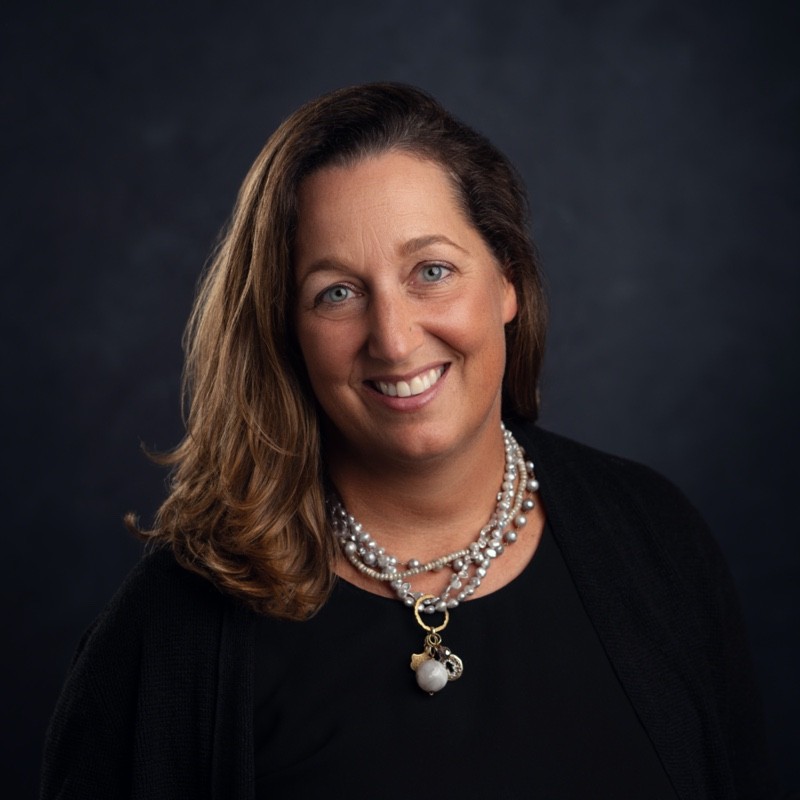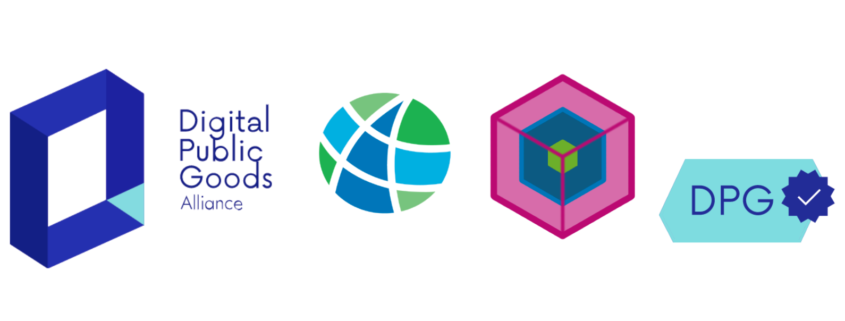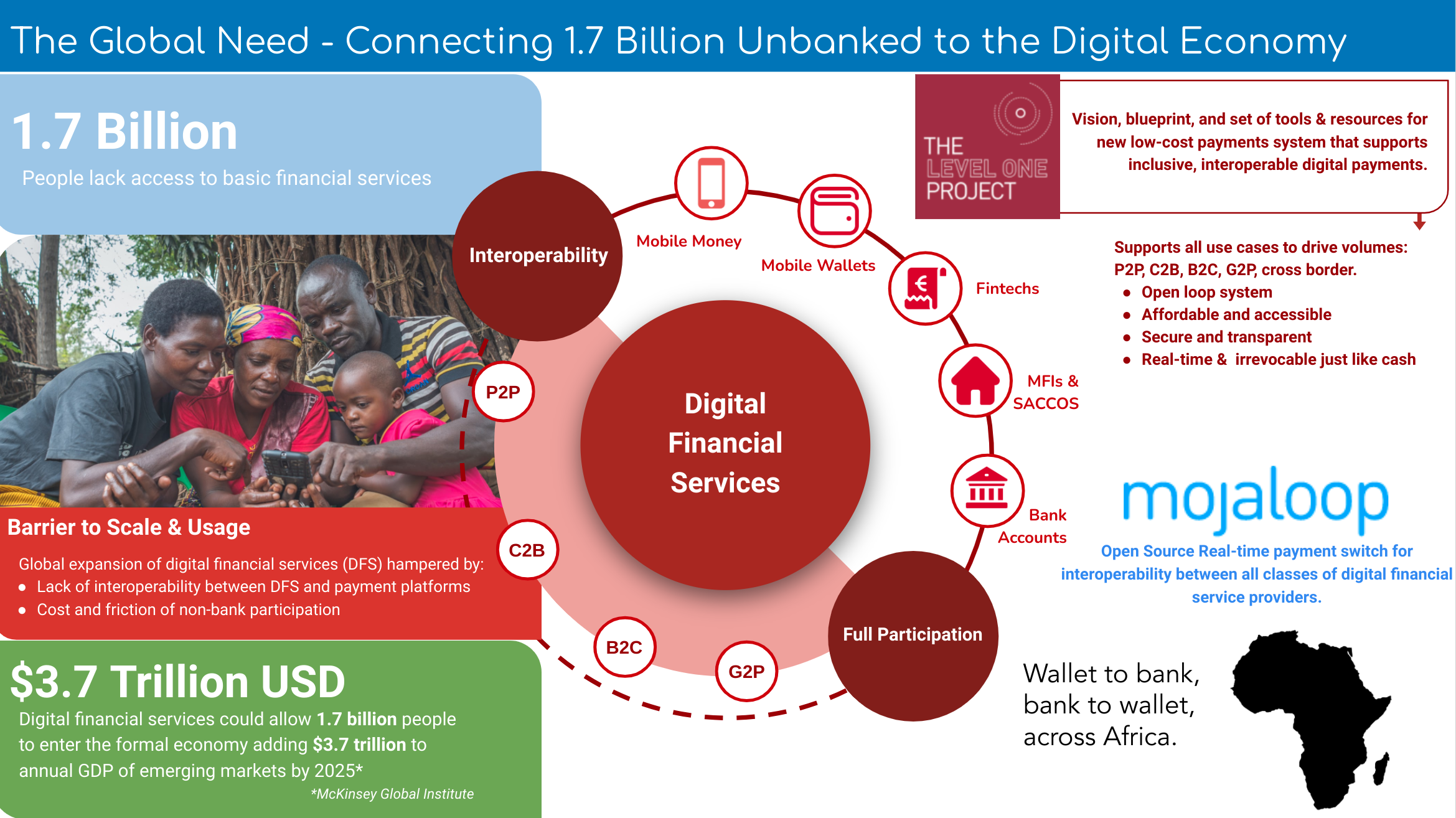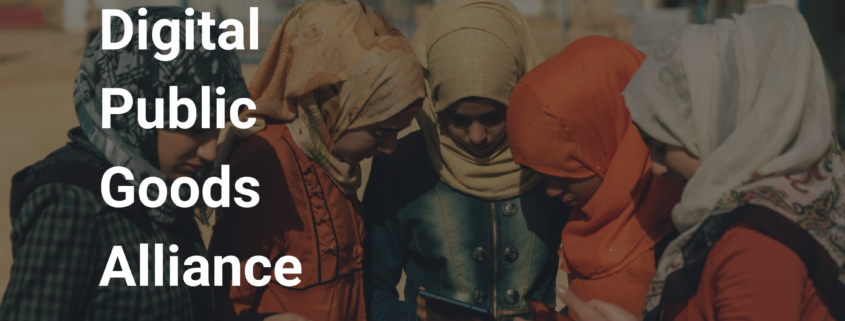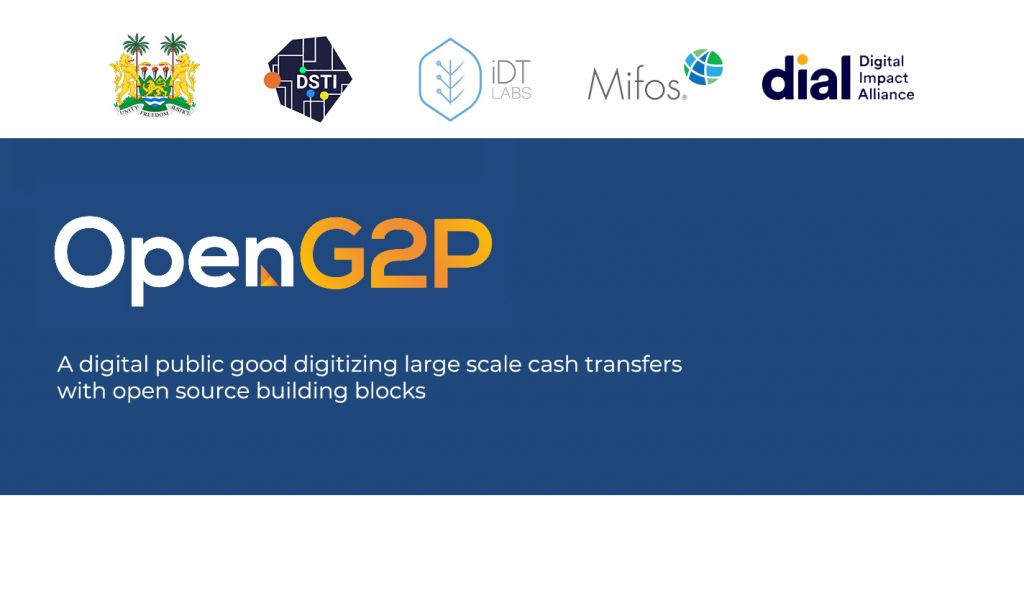After the long and difficult year that 2020 provided us with, we are excited to announce some positive news as we are kicking off our 2021 Google Summer of Code! Our community is grateful to be participating in this exceptional 18 year old program for the 10th year. This year, we will have a class of 5 extraordinary interns participating in GSOC as a sub-organization under the umbrella of the Apache Software Foundation. The Mifos Initiative looks forward to participating in GSOC directly in 2022. Although our class is smaller than previous years, the talent and knowledge they provide is unmatched. These 5 GSOC interns will be focusing their time and efforts on Fineract and Fineract CN.
This year is a little bit different since we have a smaller group of interns and a new streamlined version of GSOC that Google is testing out, but don’t let that fool you on the amount of quality work they can get done. Working with a smaller intern class will allow us to work closer with the interns, and provide them with a greater deal of attention and feedback. That being said, we are beyond excited to see the improvements they will be making this summer that we can incorporate within our own work here at the Mifos Initiative. This year, we will have two interns working on our mobile apps for Fineract CN – Fineract CN Mobile and Mobile Wallet for Fineract CN, one intern working on our machine learning credit scorecard, one intern working on the Android SDK for Fineract 1.x, and one intern working on the Fineract backlog and collateral management module.
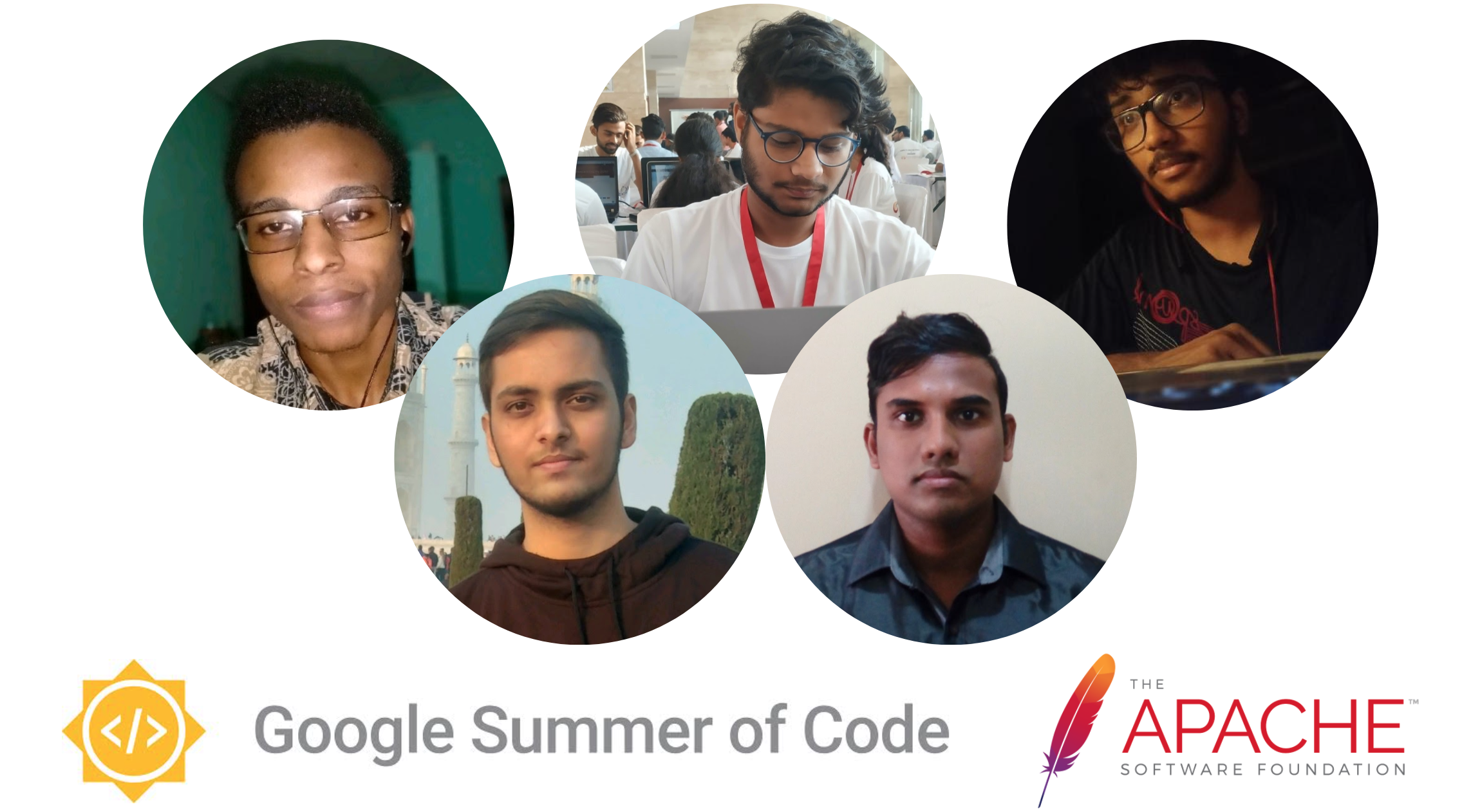
First, we will have 2 steller interns working to improve different aspects of some of the mobile apps. Varun Jain will be working on functional enhancements to the Fineract CN Mobile app. Specifics on the project include integrating the Payment Hub to enable the disbursement, making use of the GSMA Mobile Money API, adding a task management feature to the app, implementing UI and functionality for creating new accounts and tellers and displaying those detail, improving the offline functionality of the application via Couchbase database support, and improving the GIS features in the app such as location tracking. Varun will be supported in his efforts by his mentors, Ahmad Jawid Muhammadi and Rajan Maurya. Our other mobile app intern for Fineract CN, Kinar Sharma, will be building out a version of the mobile wallet that natively connects to Fineract CN. With support from his mobile development mentors, Devansh Aggarwal, Garvit Agarwal, and Shivansh Tiwari, he’ll be working with the Fintecheando team who will be adding additional APIs in Fineract CN to provide secure self-service operations that can be directly consumed by the new mobile wallet app.
Our next intern, Danish Jamal, will be working on the Android SDK and Fineract Client Project under the mentorship of Chinmay Kulkarni and Shashank Priyadarshi. The project focuses on simplifying and automating the post processes of SDK generation, such as adding moustache templates to configure the code and add the missing utils and service files automatically. Some plans Danish has for the project include updating the client SDK release using Fineract 1.5.0, improving documentation of the SDK, and then integrating the SDK in the Mifos android-client application.
For our Machine Learning and Credit Scorecard project, we will have our impressive intern, Yemdjih Nasser, focusing his time and efforts improving the credit score system from the previous years. During the summer, Nasser will be refactoring and patching work from previous years, productionizing the scorecard module, integrating the scorecard in Fineract 1.x/Mifos, implementing credit risk scoring with H20.ai, and then documenting the scorecard service. Nasser will be helped this summer by a team of mentors including Lalit Mohan, Aaashish Sawhney, Abhijit Ramesh, Jeremy Engelbrecht and Rahul Goel.
Our last phenomenal intern, Benura Abeywardena, will be working on a number of tasks related to making Fineract more performant and robust by tackling issues in the Fineract backlog. He has already been churning out fixes for a number of functionalities across the loan, client and accounting module but will dedicated most of his project around the long-awaited collateral management module. Benura will be working under the mentorship of Bharath Gowda and Chaitanya Nuthalapati on the functional side and Manthan Surkar and Sanyam Goel on technical side.
Read on for a brief professional intro for each intern and their project and stay tuned for our second round of posts introducing some fun facts about each intern. Feel free to find them on the lists or Gitter and welcome them to the community. Throughout the summer, we’ll have showcases of their work during the community meetings.
Read more

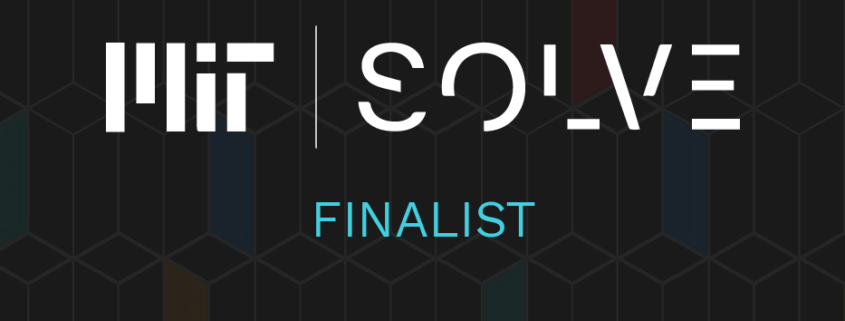
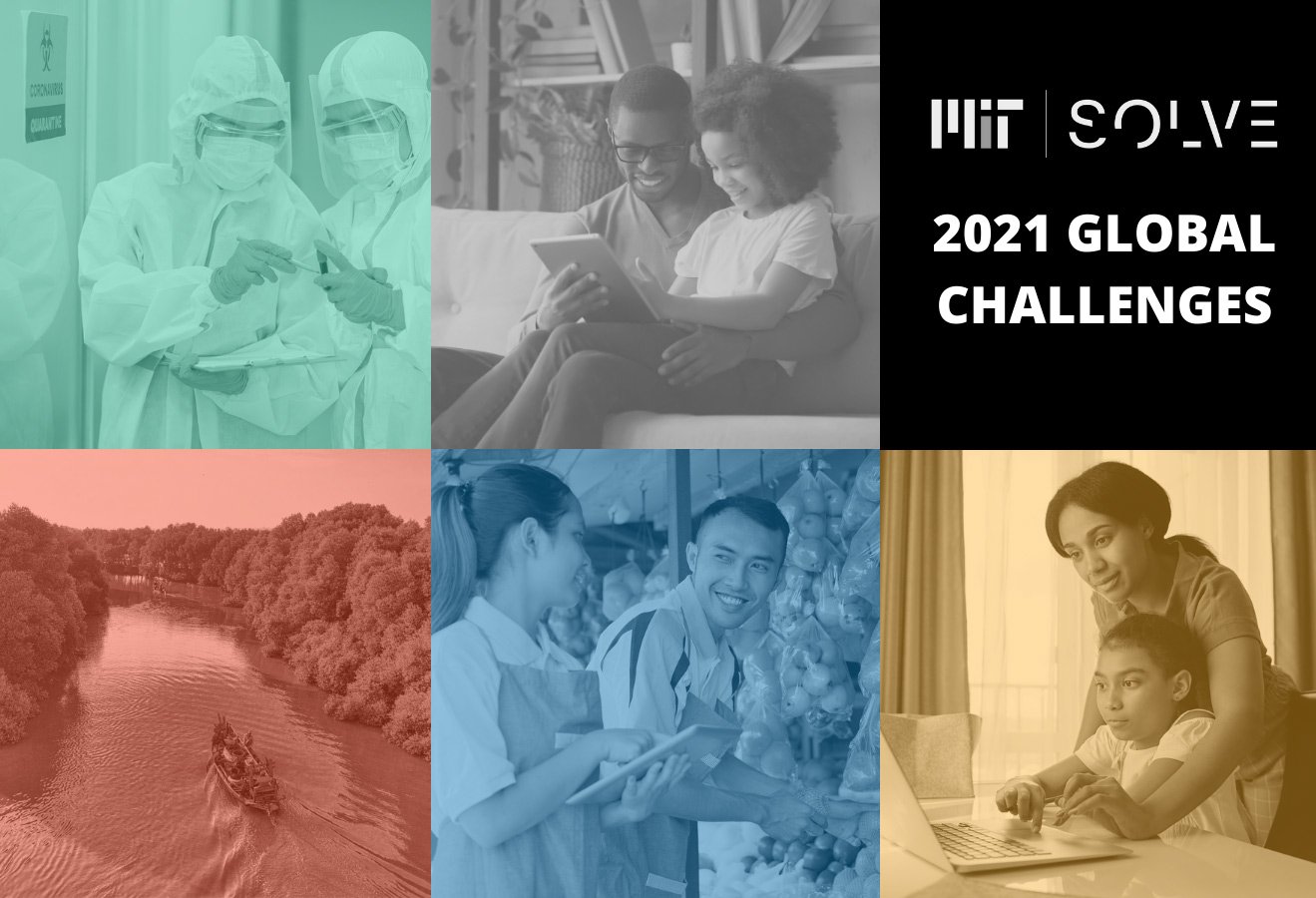
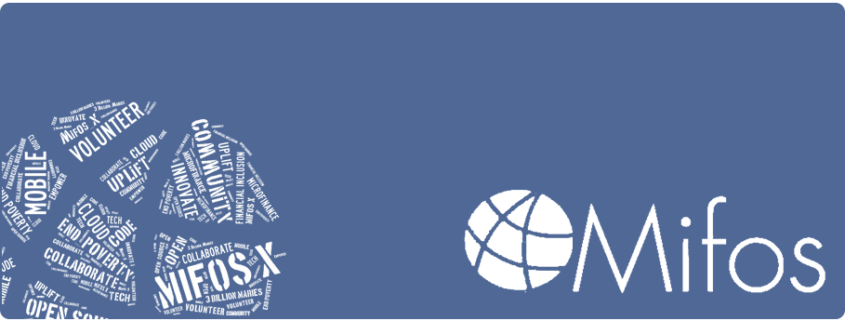
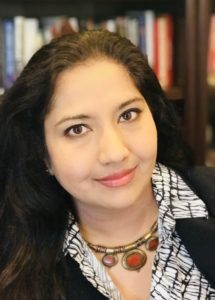 Next up, we are thrilled to announce our newest oncoming member of our board of business and technical advisors,
Next up, we are thrilled to announce our newest oncoming member of our board of business and technical advisors, 